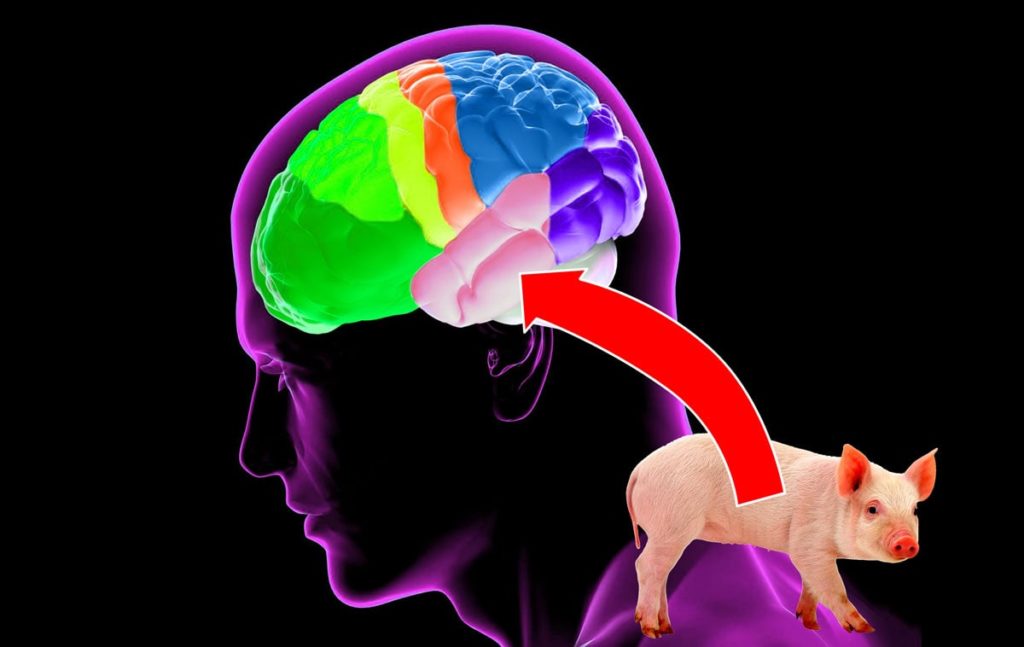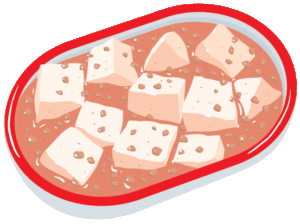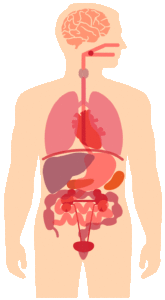Neurocysticercosis is the leading cause of epilepsy
Some years ago, when ace Indian tennis player Leander Paes fell ill, neurocysticercosis enjoyed a brief moment in the sun. The incidence though has not abated and in fact is on the rise thanks to increase in eating out and lack of hygiene.
With advanced neuro-imaging options and wider availability of blood tests, diagnosis though has become easier.

What is neurocysticercosis?
Neurocysticercosis (NCC) is the commonest parasitic disease of the brain. It is caused by larvae of pork tapeworm Taenia solium. NCC is a brain infection that can cause seizures and sometimes death. It is one of the commonest causes of epilepsy in the developing countries.
How common is NCC?
The total number of people suffering from NCC, including symptomatic and asymptomatic cases, is estimated somewhere between 2.56-8.30 million, based on the range of epilepsy prevalence data available. Contribution of NCC to epilepsy is put at approximately 30% of cases.
The disease is prevalent in all states of India, although the prevalence varies between states. There are few reports of cysticercosis from Kashmir, and from Kerala, as education and hygienic standards are good in those states.
How do people get NCC?
NCC is contracted when a person swallows microscopic eggs passed in the feces of a person who has an intestinal pork tapeworm. It could travel via undercooked, infected pork or unwashed vegetables that have been grown in a dirty field. The infection takes root in the intestines. This person then passes tapeworm eggs in the faeces. In absence of proper hand hygiene, food or surfaces may be contaminated with feces containing these eggs.
Once inside the body, the eggs hatch and become larvae that find their way to the brain. These larvae cause neurocysticercosis.
However, in contrast to popular belief neurocystericosis is not exclusive to pork eaters and the incidence among vegetarians is high, especially salad eaters.
What is Neurocystercosis

If a person eats undercooked, infected pork and gets a tapeworm infection in the intestines

He passes tapeworm eggs in his feces. He may contaminate food or surfaces with feces containing these eggs

These eggs may be swallowed by another person if they eat contaminated food

Once inside the body, the eggs hatch and become larvae that find their way to the brain. These larvae cause neurocysticercosis
What are the risk factors for NCC?
People living in endemic areas with poor sanitation and hygiene are at increased risk of acquiring NCC.
People are at a higher risk for getting neurocysticercosis by swallowing parasite eggs if they:
- Have a pork tapeworm infection (this is called autoinfection)
- Live in a household with someone who has a pork tapeworm
- Eat food made by someone with a pork tapeworm infection
How is it diagnosed?
The diagnosis of neurocysticercosis usually requires MRI or CT brain scans. Advanced lesions may have “Starry Sky” appearance on neuroimaging. Blood tests may be useful to help diagnose an infection, but they may not always be positive in light infections.
Is it treatable?
NCC is very much a reversible condition if it’s diagnosed and treated promptly. Patients need to take anti-epileptics, steroids and anti-parasitic drugs for a certain period. However this worm has a tendency to cause serious neurological complications which may even lead to sudden death.
Avoiding raw pork, proper hand washing habits and social awareness about nurocystercosis, can help prevent further rise in its occurrence.


